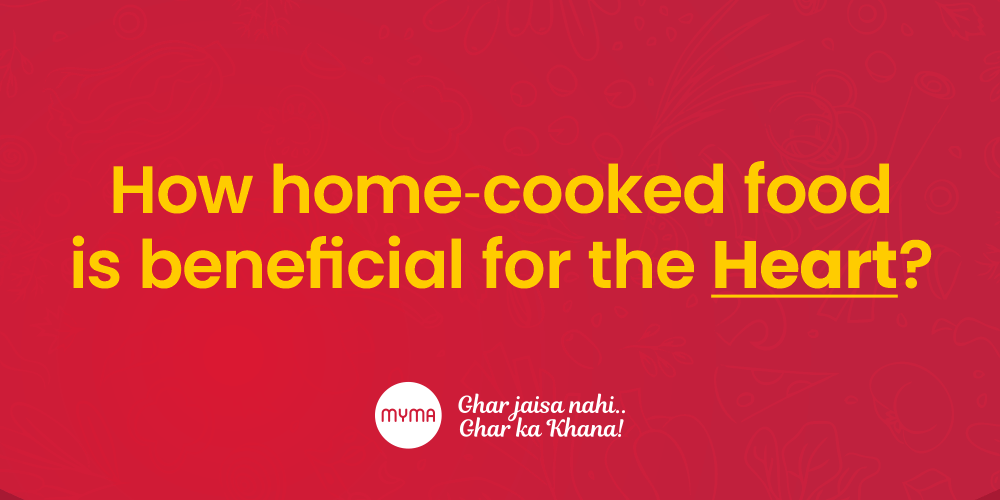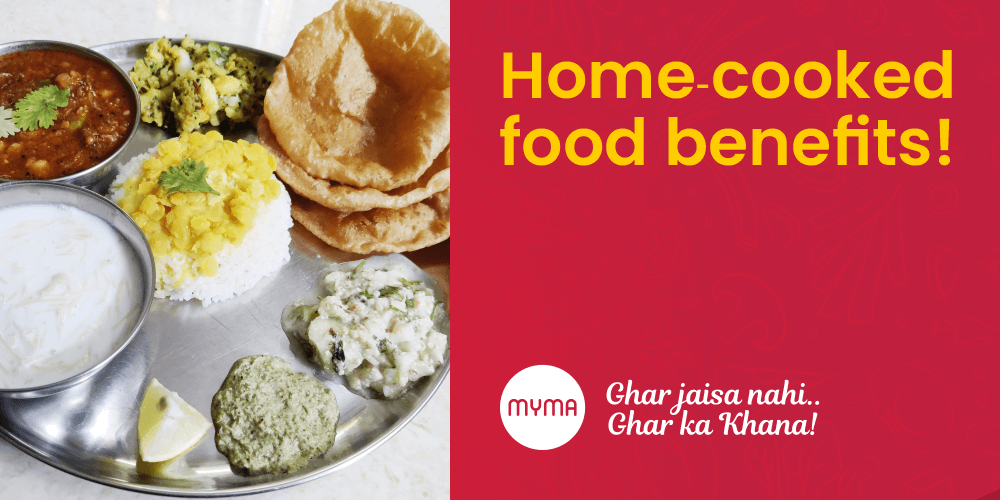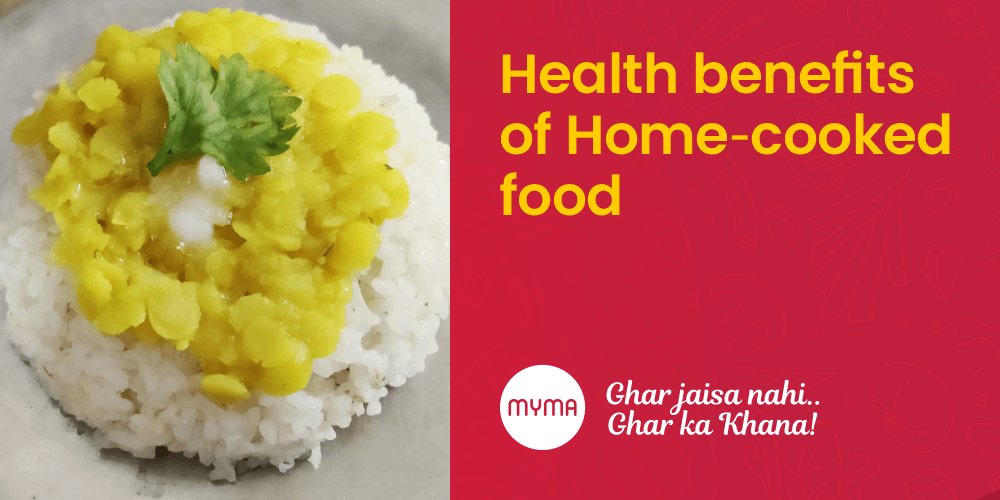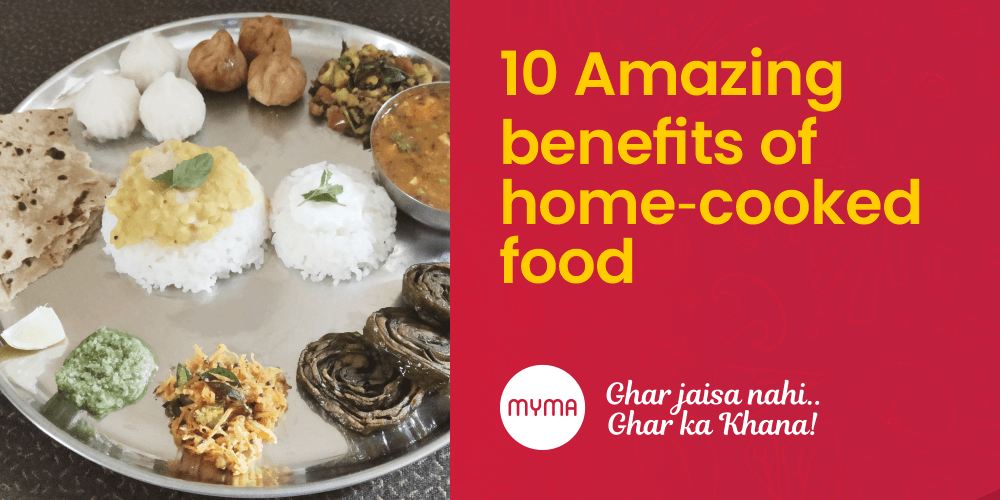Indian home-cooked food is made with so many healthy, nutritious, and protein values… which helps to increase Heart Health!
If you want your heart to be healthy, must read this…
Indian cuisine is known for its flavorful and aromatic dishes like chapati, pickle, sabji, rajma beans, green matar, paratha, basmati rice, biryani, tandoori, chicken, fish, kaju katli, halwa, ladoo, rice kheer, dry fruit ladoo, South Indian snacks, wheat paratha, dosa, etc etc etc… But let me tell you, all these dishes are made up of many food items that are healthy, nutritious, and full of protein. Also, the style and process are also very healthy (if prepared in the right way, of course).
So, here are some heart health benefits of Indian home-cooked meals:
- Indian dishes often include a variety of spices, such as turmeric, cumin, and coriander, which have been shown to have anti-inflammatory effects and may help to lower the risk of heart disease.
- Many Indian dishes are based on plant-based proteins, such as lentils and beans, which are high in fiber and can help to lower cholesterol levels.
- Indian meals often include plenty of vegetables, which are rich in nutrients and can help to improve overall heart health.
- Indian cuisine often relies on healthy cooking methods, such as grilling, roasting, and boiling, which can help to preserve the nutrients in the food.
- Indian dishes often use healthy fats, such as coconut oil and ghee, which can help to reduce the risk of heart disease.
- Indian meals often include plenty of herbs and spices, which can help to lower blood pressure and improve circulation.
- Many Indian dishes are rich in antioxidants, which can help to protect the body against free radicals and reduce the risk of heart disease.
- Indian cuisine often includes whole grains, such as rice and wheat, which are high in fiber and can help to lower cholesterol levels and improve overall heart health.
- Indian dishes often include healthy sources of protein, such as chicken and fish, which can help to improve heart health by reducing the risk of high blood pressure and heart disease.
- Indian meals often include healthy fats, such as olive oil and nuts, which can help to reduce the risk of heart disease and improve overall heart health.
- Indian cuisine often includes fermented foods, such as yogurt and pickles, which can help to improve digestion and boost the immune system. A healthy digestive system is important for heart health, as it can help to prevent inflammation in the body.
- Many Indian dishes are rich in omega-3 fatty acids, which are important for heart health and can help to reduce the risk of heart disease and stroke. Omega-3 fatty acids can be found in foods like fish, nuts, and seeds, which are commonly used in Indian cuisine.
- Indian meals often include a variety of vegetables, which are rich in nutrients and can help to improve heart health. Vegetables are high in fiber, which can help to lower cholesterol levels and improve overall heart health.
- Indian dishes often include healthy sources of protein, such as chicken and fish, which can help to improve heart health by reducing the risk of high blood pressure and heart disease. It’s important to choose lean protein sources and to avoid adding too much-saturated fat to your dishes.
- Choose whole grains over refined grains whenever possible. Whole grains, such as brown rice and whole wheat, are high in fiber and nutrients and can help to improve heart health.
- Use healthy cooking methods, such as grilling, roasting, and boiling, to prepare your Indian dishes. These methods help to preserve the nutrients in the food and reduce the amount of unhealthy fats that are added.
- Use herbs and spices liberally in your cooking. In addition to adding flavor, herbs and spices have been shown to have numerous health benefits, including anti-inflammatory effects and the ability to lower blood pressure.
- Incorporate plenty of vegetables into your Indian dishes. Vegetables are high in fiber and nutrients and can help to improve heart health.
- Choose lean protein sources, such as chicken, fish, and plant-based proteins, and limit your intake of red meat and processed meats.
- Use healthy fats, such as olive oil and nuts, in your cooking. These fats can help to reduce the risk of heart disease and improve overall heart health.
- Avoid adding too much salt to your dishes. Salt intake should be under control, if you exceed the salt intake, it can lead to high blood pressure, which is a risk factor for heart disease. Instead, use herbs and spices to add flavor to your dishes.
- Be mindful of portion sizes. While Indian home-cooked meals can be very healthy, it’s important to watch your portion sizes to ensure that you are not consuming too many calories.
- Stay hydrated. Drinking plenty of water can help to flush toxins out of the body and support overall health, including heart health.
Always remember to make healthy lifestyle choices overall, including regular physical activity and not smoking, to help support a healthy heart.
Overall, incorporating Indian home-cooked meals into your diet can be a delicious and healthy way to support heart health. Just be sure to watch your portion sizes and choose dishes that are prepared using healthy cooking methods.
But in case you are living alone, far away from your home and mom, try ordering purely home-cooked food from the Myma app. It’s made in India Mobile and desktop app, from where you can order home-cooked food from a nearby house.
Myma – an initiative by Swayampoorna Foundation has very generous thought and vision to MAKE EVERYONE HEALTHY BY SERVING HEALTHY HOME-COOKED FOOD & to motivate every woman to get up and create her new identity by doing what she does the best… and that is COOKING DELICIOUS & HEALTHY FOOD WITH SO MUCH LOVE, CARE AND AFFECTION!




